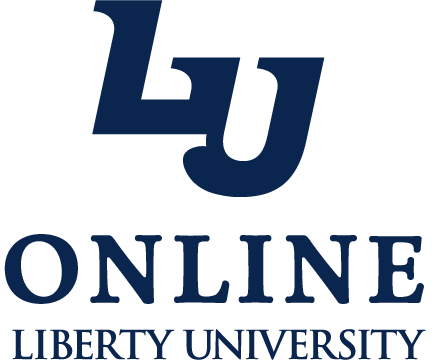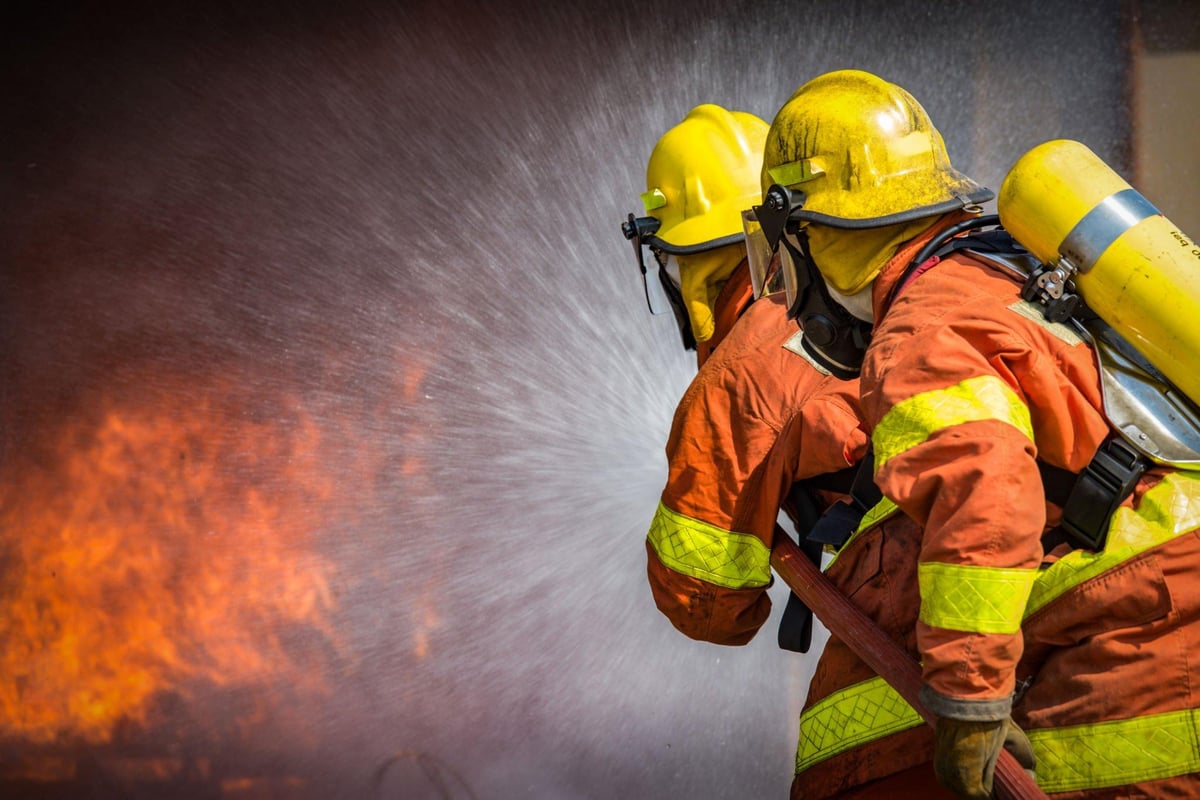Fire Science classes near me in North Port
In the North Port metro area, the average cost of a class is $12000 and the average class length is approximately 30 weeks long
Trade and industry classes near
Sarasota, FL 34236Online classes
Financial aid
Certificate
Short classes

Liberty University Online
BS: Civil Engineering
- Online, completion in as little as 42 months.
- Option to transfer credits for up to 75% of the entire degree.

Liberty University Online
BS: Aviation Management
- Online, completion in as little as 42 months.
- Option to transfer credits for up to 75% of the entire degree.

Waldorf University
AA Occupational Safety & Health
- Online, estimated completion in 2 years for full-time students
- Covers industrial hygiene, occupational safety, and more
Fire Science classes near me in North Port
Are you interested in a career in fire science? Do you want to become a firefighter or work in fire prevention and safety? If you're in North Port, you're in luck! There are several fire science classes available in your area that can help you achieve your career goals. In this blog post, we will explore what fire science is, the training requirements, what to look for in a class, what to expect from the day-to-day class, the certification process, how to find related jobs, and other classes you can take after becoming a fire science professional.

Introduction
Fire science is the study of fire behavior, prevention, and suppression. It involves understanding the science behind fire, as well as the techniques and strategies used to control and extinguish fires. Fire science professionals work in various roles, such as firefighters, fire inspectors, fire investigators, and fire safety educators.
What is Fire Science?
Fire science is a multidisciplinary field that combines elements of chemistry, physics, engineering, and emergency management. It involves studying the behavior of fire, the properties of different materials, and the effects of fire on the environment and human health. Fire science professionals play a crucial role in preventing fires, protecting lives and property, and investigating the causes of fires.
Training Requirements
To become a fire science professional, you will need to complete a training program in fire science. The specific requirements may vary depending on the role you are interested in, but generally, you will need to:
- Obtain a high school diploma or GED
- Complete a fire science training program
- Pass a physical fitness test
- Obtain a driver's license
- Pass a background check
- Obtain certification from a recognized fire service organization
What to Look for in a Class
When searching for fire science classes near you in North Port, there are a few key factors to consider. These include:
- Accreditation: Make sure the program is accredited by a recognized accrediting body. This ensures that the program meets certain quality standards.
- Curriculum: Look for a program that covers the essential topics in fire science, such as fire behavior, fire prevention, fire suppression techniques, and hazardous materials.
- Hands-on Training: Practical experience is crucial in fire science. Look for a program that offers hands-on training opportunities, such as live fire exercises and simulations.
- Experienced Instructors: The quality of the instructors can greatly impact your learning experience. Look for programs that have experienced instructors with real-world firefighting experience.
- Facilities: Check out the facilities where the classes are held. Are they equipped with the necessary tools and equipment for hands-on training?
What to Expect from the Day-to-Day Class
Fire science classes are typically a combination of classroom lectures, hands-on training, and practical exercises. Here are some things you can expect from the day-to-day class:
- Classroom Lectures: You will learn about fire behavior, fire prevention, fire suppression techniques, emergency response procedures, and other related topics through classroom lectures.
- Hands-on Training: You will have the opportunity to apply what you have learned in the classroom through hands-on training. This may include live fire exercises, using firefighting equipment, and participating in simulations.
- Physical Fitness Training: Firefighters need to be physically fit to perform their duties effectively. You can expect to participate in physical fitness training, such as cardiovascular exercises, strength training, and agility drills.
- Teamwork and Collaboration: Firefighting is a team effort. You will learn how to work effectively as part of a team and collaborate with other firefighters and emergency responders.
Certification Process
After completing your fire science training program, you will need to obtain certification from a recognized fire service organization. The certification process typically involves:
- Written Exam: You will need to pass a written exam that tests your knowledge of fire science principles and practices.
- Practical Exam: You will also need to pass a practical exam that assesses your skills in firefighting and emergency response.
- Continuing Education: To maintain your certification, you will need to complete continuing education courses and stay updated on the latest developments in fire science.
How to Find Related Jobs
Once you have obtained your fire science certification, you can start looking for related jobs. Here are a few ways to find job opportunities in the field:
- Networking: Reach out to professionals in the field, attend career fairs, and join professional organizations to expand your network and learn about job openings.
- Fire Departments: Check the websites of local fire departments for job postings. Many fire departments have recruitment pages where they list available positions.
- Government Websites: Government websites, such as USAJobs, also list job openings in fire science and related fields.
Other Classes to Take
Fire science is a versatile field that offers various career paths. Once you have become a fire science professional, you may also consider taking additional classes to expand your skillset. Here are some other classes you can take:
- Emergency Medical Services (EMS): Many fire departments require firefighters to be certified as emergency medical technicians (EMTs) or paramedics. Taking EMS classes can enhance your job prospects.
- Hazardous Materials: Firefighters often encounter hazardous materials during emergencies. Taking classes in hazardous materials can help you safely handle these situations.
- Incident Command System (ICS): The ICS is a standardized management system used in emergency response situations. Taking classes in ICS can help you understand the organizational structure and coordination of emergency operations.
Final Thoughts
If you are passionate about fire science and want to pursue a career in this field, taking fire science classes in North Port is a great first step. By completing a fire science training program and obtaining certification, you can embark on a rewarding career as a firefighter or fire science professional. Remember to consider important factors when choosing a class, such as accreditation, curriculum, hands-on training, and experienced instructors. And don't forget to check out Dreambound for more information on vocational training programs and job opportunities in fire science and other fields.
Consider Dreambound as a valuable resource if you're thinking about getting started in this field. We've written many guides to help with the different parts of the certification process across the country:
- How to Become a Firefighter in Alabama
- How to Become a Firefighter in Maine
- How to Become a Firefighter in Maryland
- How to Become a Firefighter in Oklahoma
- How to Become a Firefighter in West Virginia
Contemplating a transition in your career or exploring various professional paths? Dreambound has written comprehensive guides on nearly every type of program to aid you in your decision.
FAQ
What is Dreambound?
Dreambound is the largest platform for students to find career & technical training programs. While we can't guarantee a career outcome, our mission is to provide all the information you need to find the perfect program for you.
What programs do you offer?
Dreambound has over 70 programs across healthcare, technology, business, and industrial trades. This includes programs such as Medical Billing, Cybersecurity, and welding.
Do you offer financial aid?
Some of our schools offer financial aid for those who qualify. Many others offer payment plans, where you can pay the cost of class over time.
Is it possible to do online classes?
Yes, Dreambound offers many online programs. On Dreambound's search, you can filter by online, in-person, and hybrid (part online, part in-person).
